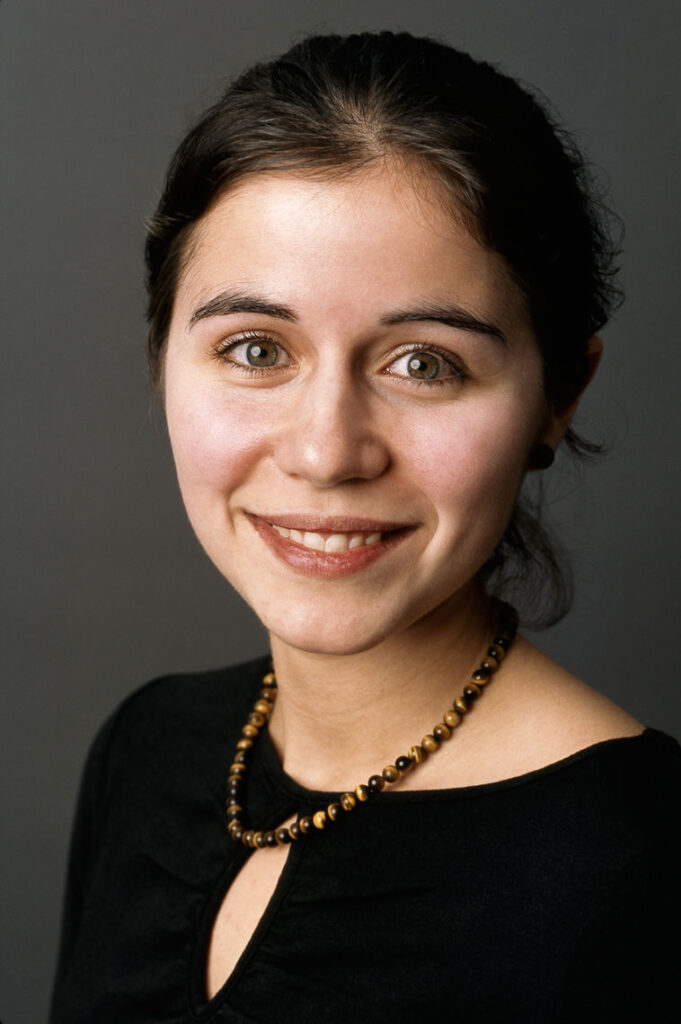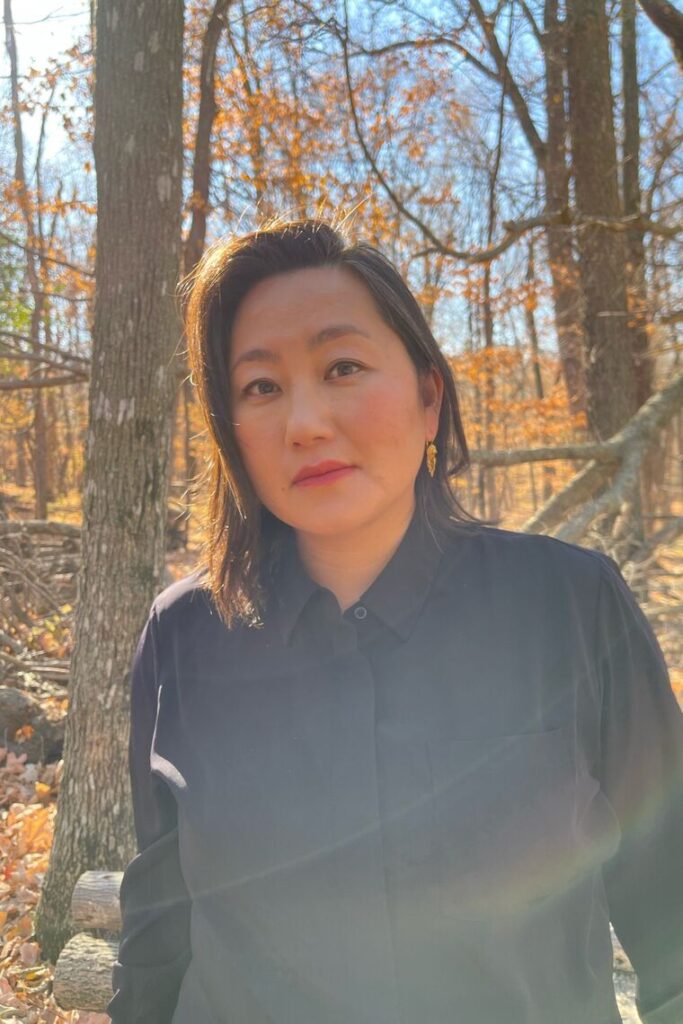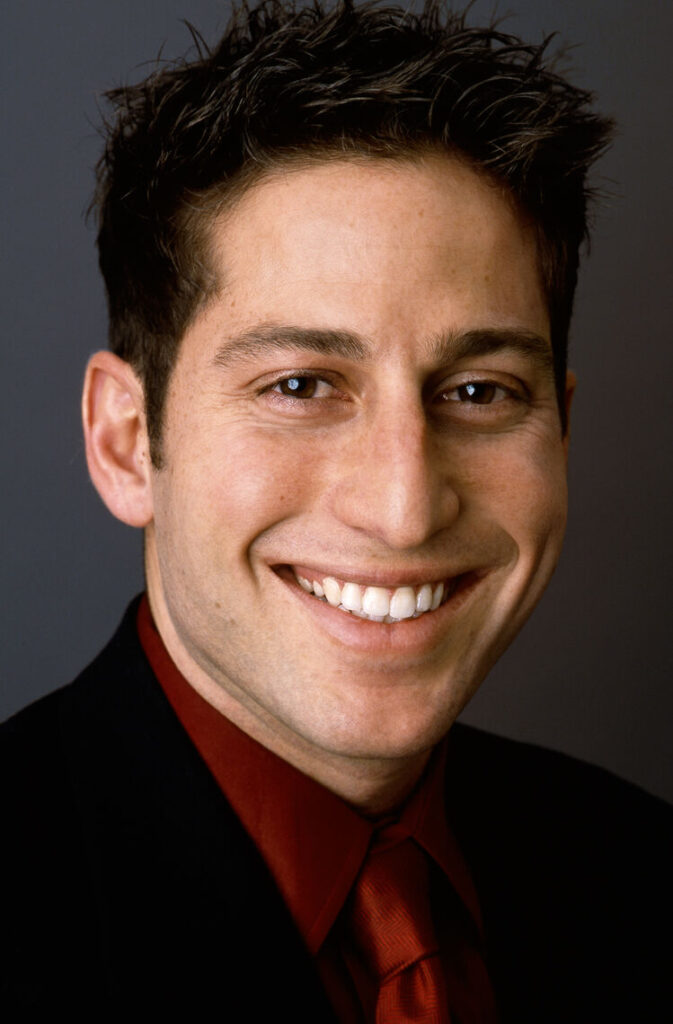About Hari Srinivasan
Hari Srinivasan is a neuroscientist, dedicated disability advocate, poet, and philosopher. An alum of UC Berkeley, he is currently a Ph.D. Candidate in neuroscience at Vanderbilt University, specializing in sensorimotor systems in autism. His graduate-level research, deeply informed by his lived experiences with Autism and ADHD, focuses on bridging gaps in understanding sensory processing in autism and improving therapeutic approaches. He is recognized for academic excellence, receiving prestigious honors such as the NSF Graduate Research Fellowship, the NISE Fellowship (Neurodiversity-Inspired Science and Engineering) at the Frist Center for Autism and Innovation, the 2024 AUCD Young Professional Award, and the AIR-P Answer Scholars designation.
Hari has demonstrated transformative leadership in disability advocacy, serving on the NIH's Interagency Autism Coordinating Committee and the boards of several disability-focused nonprofits in policy and law. Through his advocacy, he has actively shaped conversations around inclusion and accessibility. His thought-provoking writing has been featured in high-profile media outlets such as Time, Newsweek, Fortune, Boston Globe, and Psychology Today. Additionally, his work has been incorporated into disability studies and psychology curricula at universities, cited in an amicus curiae case, referenced during the renegotiation of the Autism CARES Act in Congress, and utilized in disability trainings. Hari has shared his perspectives at high-profile conferences, delivering multiple keynotes, including at TEDx and the United Nations. He remains committed to integrating innovative research with policy to foster inclusive environments and create impactful solutions for the autism and disability community. In addition, Hari is a prolific poet whose award-winning work has been recognized at both state and national levels, reflecting his creative depth and unique perspective.
Hari Srinivasan was born in the San Francisco Bay Area to parents from India. As a bright-eyed and social toddler living in a well-ranked school district, he was expected to follow the successful educational path of his peers. However, between 18 months and age two, Hari lost all his developmental milestones, including his ability to speak and the ability to point. Diagnosed with autism and ADHD at age three, his parents faced not only the traditional challenges of cultural assimilation but also the daunting task of navigating their child's autism and the maze of disability services, special education, therapies, and treatments. Existing discrimination toward disabled individuals often resulted in cultural isolation and exclusion from their own immigrant community.
While Hari has achieved significant academic and professional milestones, he continues to face everyday challenges related to autism on multiple fronts, which include difficulties with communication, sensorimotor processing, and social anxiety. He is deeply appreciative of his parents’ “extra-ordinary” efforts to help him navigate the barrier-filled path to mainstream education, and, most importantly, college. He credits them for their innovative solutions to support their “extra-ordinary” child while fostering his connection to his cultural roots and nurturing his passion for Eastern philosophy and spirituality.
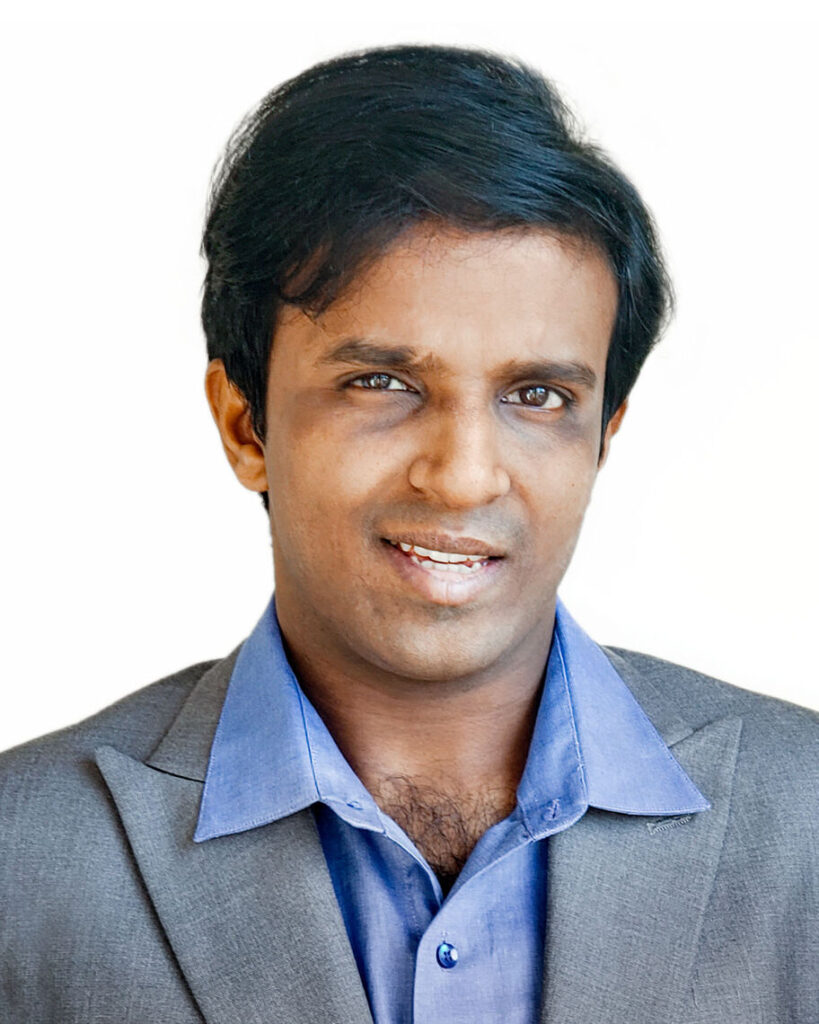
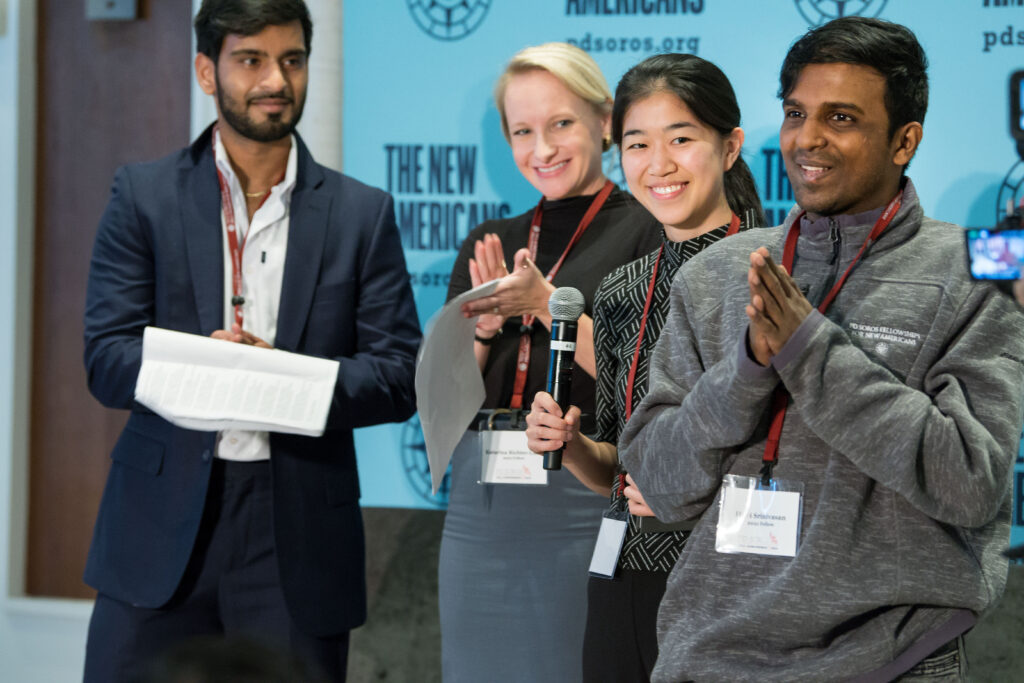 Read more: LOOKING BACK AT THE FELLOWSHIP: PhD Student Hari Srinivasan
Read more: LOOKING BACK AT THE FELLOWSHIP: PhD Student Hari Srinivasan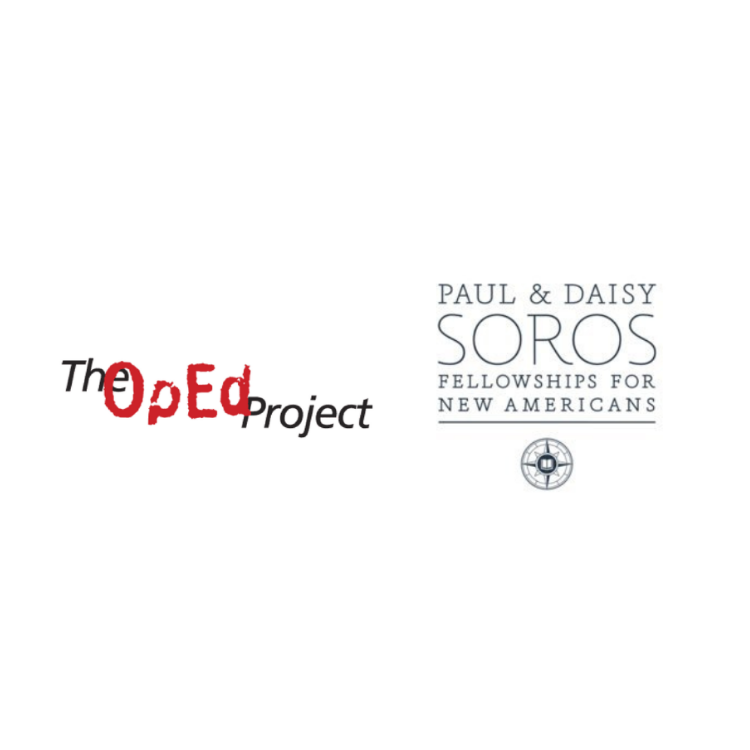 Read more: Public Voices Fellowships: Year one’s success
Read more: Public Voices Fellowships: Year one’s success